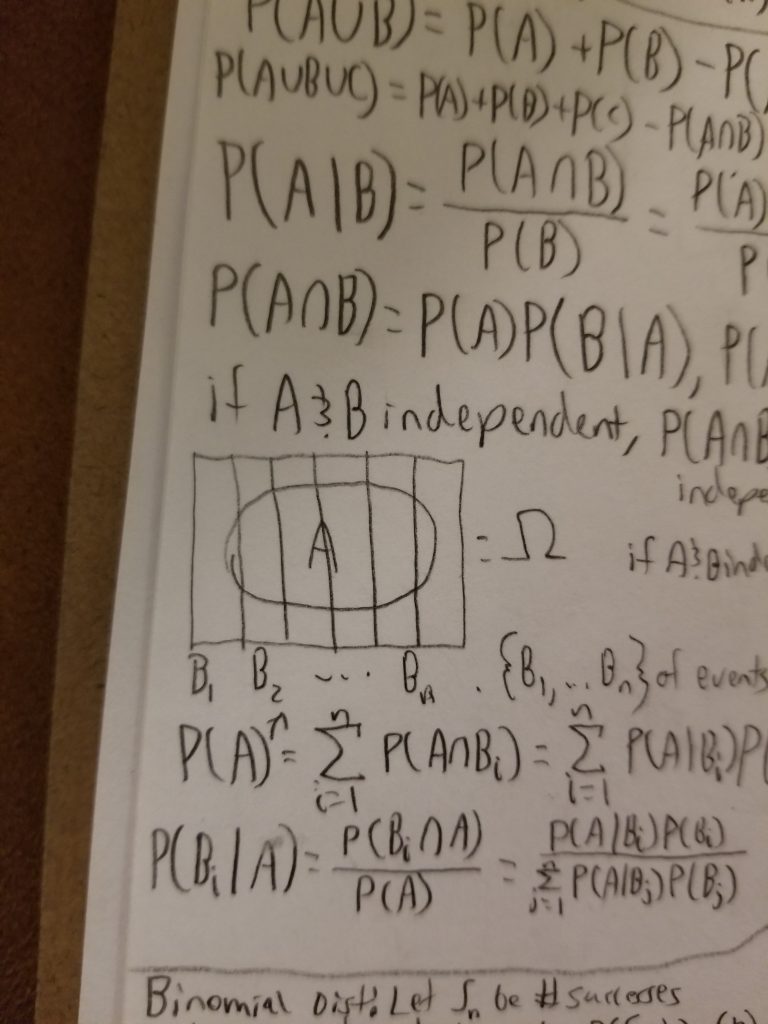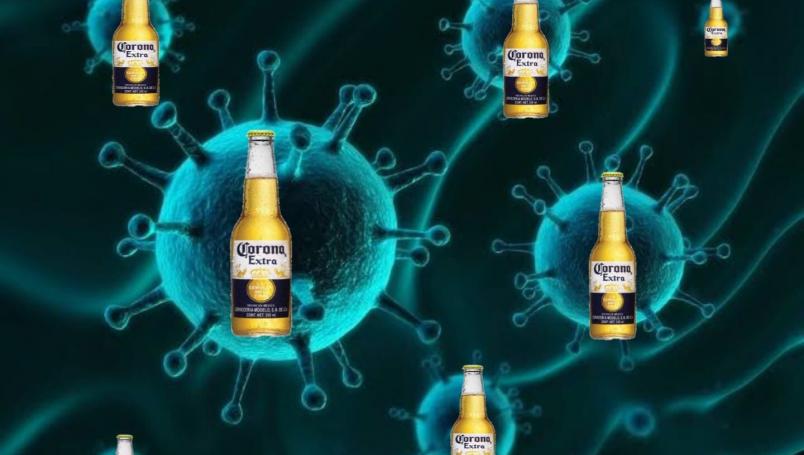With respect to Enlightenment and Romanticism, I think that I would agree with the Enlightenment perspective more than Romanticism, but find both sides to have valid and invalid points. This is because I find the rationalist approach more congruent to the topics that I study and the career path that I am pursuing than the Romantic perspective, but I also find that the personal, immediate experience is very important.
Learning about Enlightenment and Romanticism gave me a new framework to view the different issues that we face in the world, and have given me a greater appreciation of where we are today (in terms of social and technological progress). For example, the new coronavirus thing going on right now reminds me of how we haven’t really improved at all morally, but have gotten much further in medicine.
In my view, the most interesting takeaway of the class is the question of the natural state of mankind. I specifically enjoyed how most of the authors tried, in some way, to answer this question, and gave me a way to structure the viewpoints of the different thinkers presented in this class.




